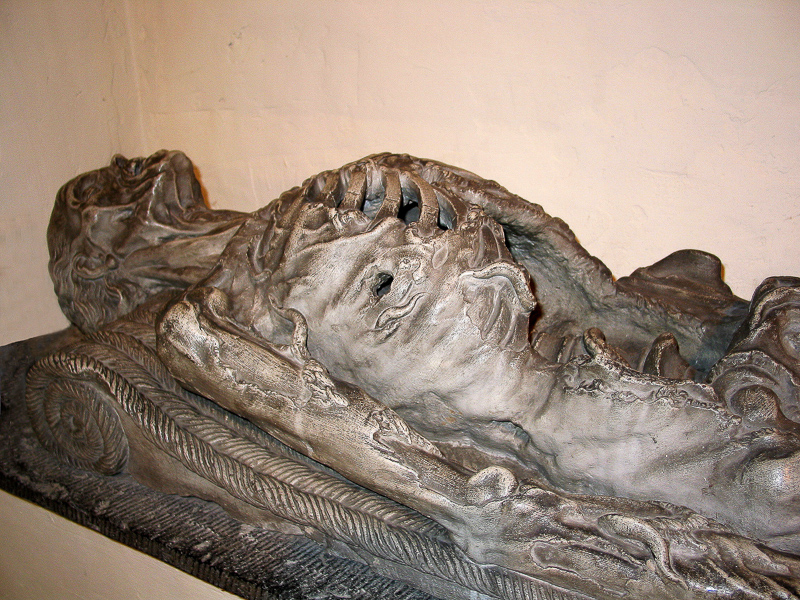CONJUGATION OF THE FRENCH VERB TRANSI
INDICATIF
TEMPS SIMPLES
Présent
je transis
tu transis
il/elle transit
nous transissons
vous transissez
ils/elles transissent
Imparfait
je transissais
tu transissais
il/elle transissait
nous transissions
vous transissiez
ils/elles transissaient
Passé simple
je transis
tu transis
il/elle transit
nous transîmes
vous transîtes
ils/elles transirent
Futur simple
je transirai
tu transiras
il/elle transira
nous transirons
vous transirez
ils/elles transiront
TEMPS COMPOSÉS
Passé composé
j'ai transi
tu as transi
il/elle a transi
nous avons transi
vous avez transi
ils/elles ont transi
Plus-que-parfait
j'avais transi
tu avais transi
il/elle avait transi
nous avions transi
vous aviez transi
ils/elles avaient transi
Passé antérieur
j'eus transi
tu eus transi
il/elle eut transi
nous eûmes transi
vous eûtes transi
ils/elles eurent transi
Futur antérieur
j'aurai transi
tu auras transi
il/elle aura transi
nous aurons transi
vous aurez transi
ils/elles auront transi
SUBJONCTIF
TEMPS SIMPLES
Présent
que je transisse
que tu transisses
qu'il/elle transisse
que nous transissions
que vous transissiez
qu'ils/elles transissent
Imparfait
que je transisse
que tu transisses
qu'il/elle transît
que nous transissions
que vous transissiez
qu'ils/elles transissent
TEMPS COMPOSÉS
Passé
que j'aie transi
que tu aies transi
qu'il/elle ait transi
que nous ayons transi
que vous ayez transi
qu'ils/elles aient transi
Plus-que-parfait
que j'eusse transi
que tu eusses transi
qu'il/elle eût transi
que nous eussions transi
que vous eussiez transi
qu'ils/elles eussent transi
CONDITIONNEL
TEMPS SIMPLES
Présent
je transirais
tu transirais
il/elle transirait
nous transirions
vous transiriez
ils/elles transiraient
TEMPS COMPOSÉS
Passé (1ère forme)
j'aurais transi
tu aurais transi
il/elle aurait transi
nous aurions transi
vous auriez transi
ils/elles auraient transi
Passé (2ème forme)
j'eusse transi
tu eusses transi
il/elle eût transi
nous eussions transi
vous eussiez transi
ils/elles eussent transi
IMPÉRATIF
TEMPS SIMPLES
